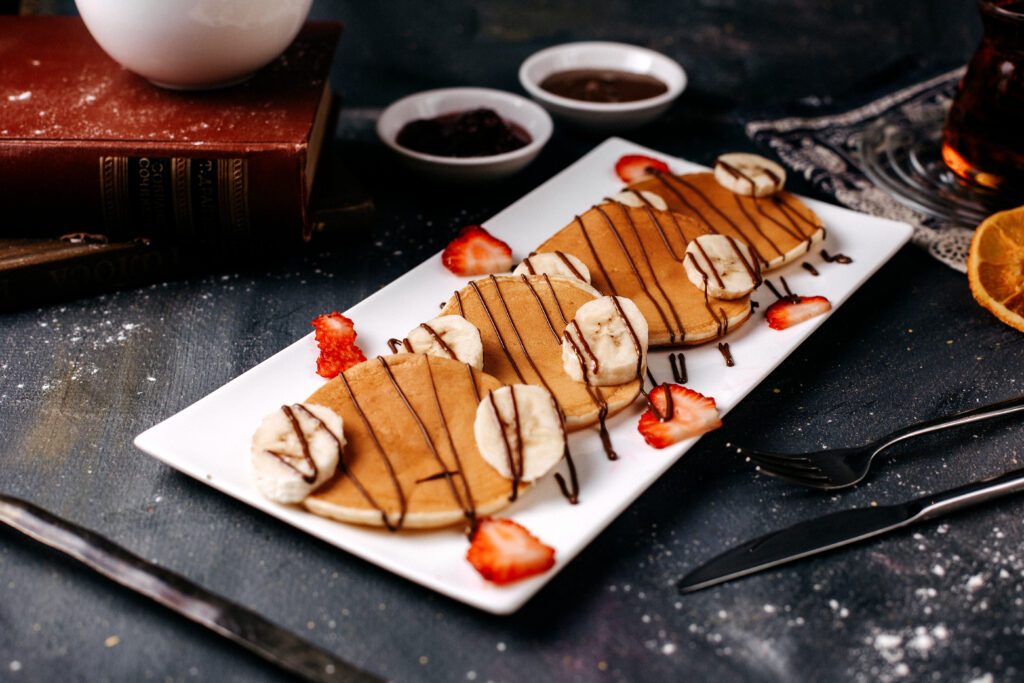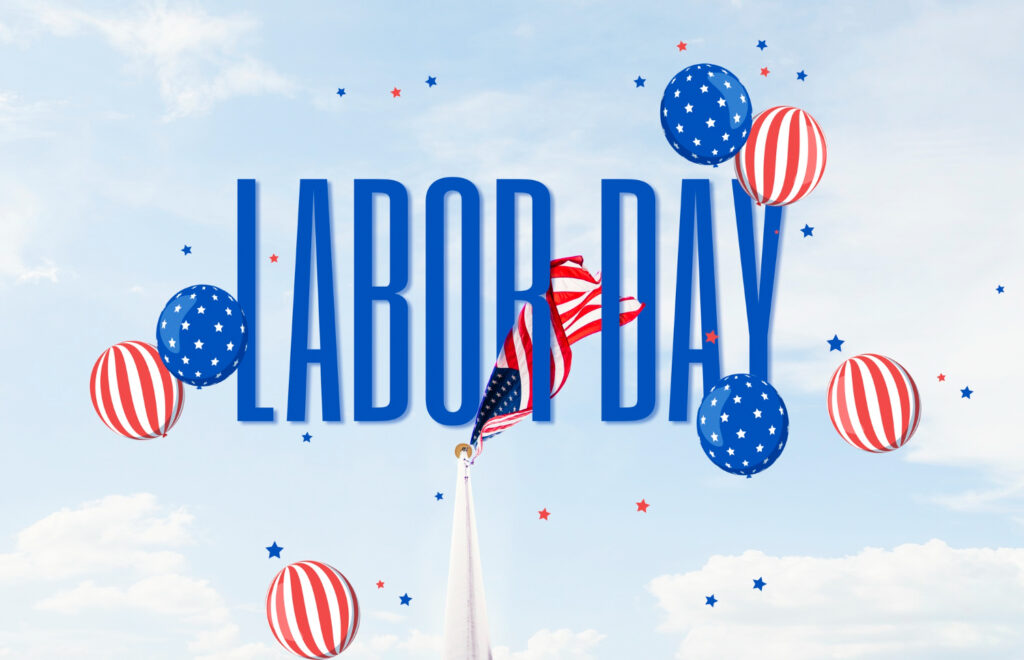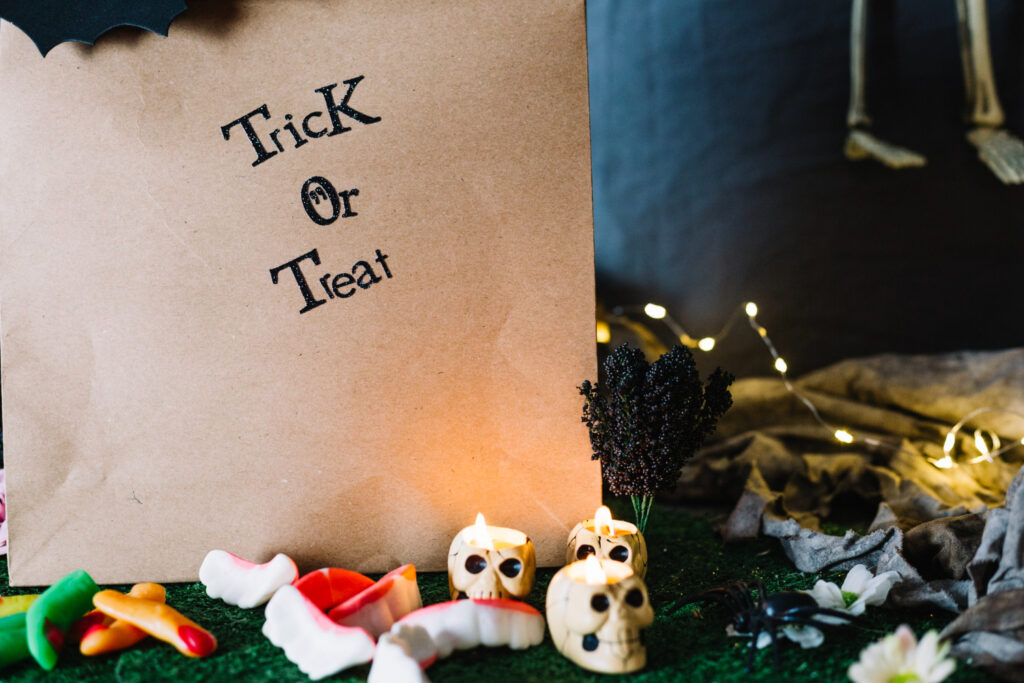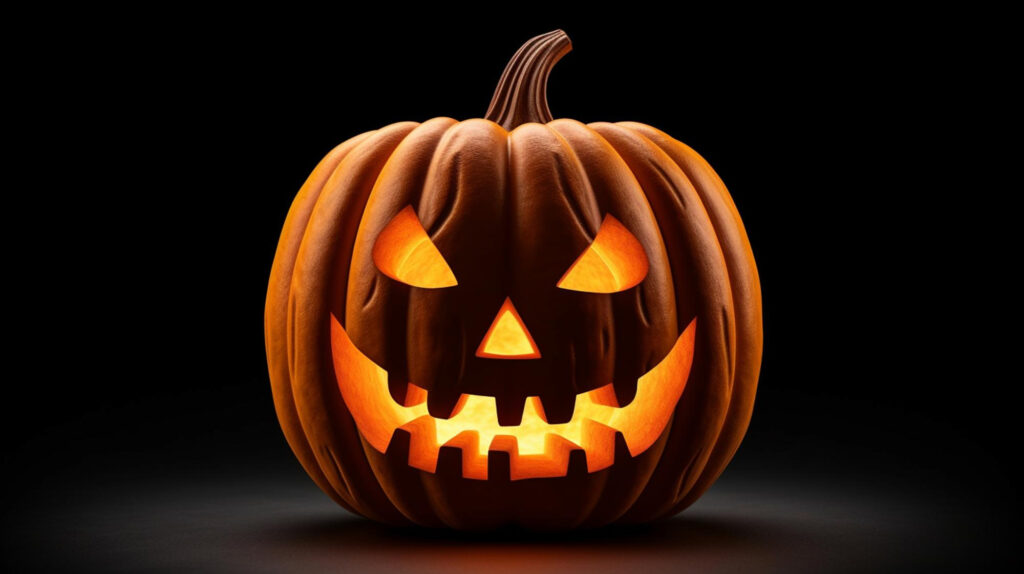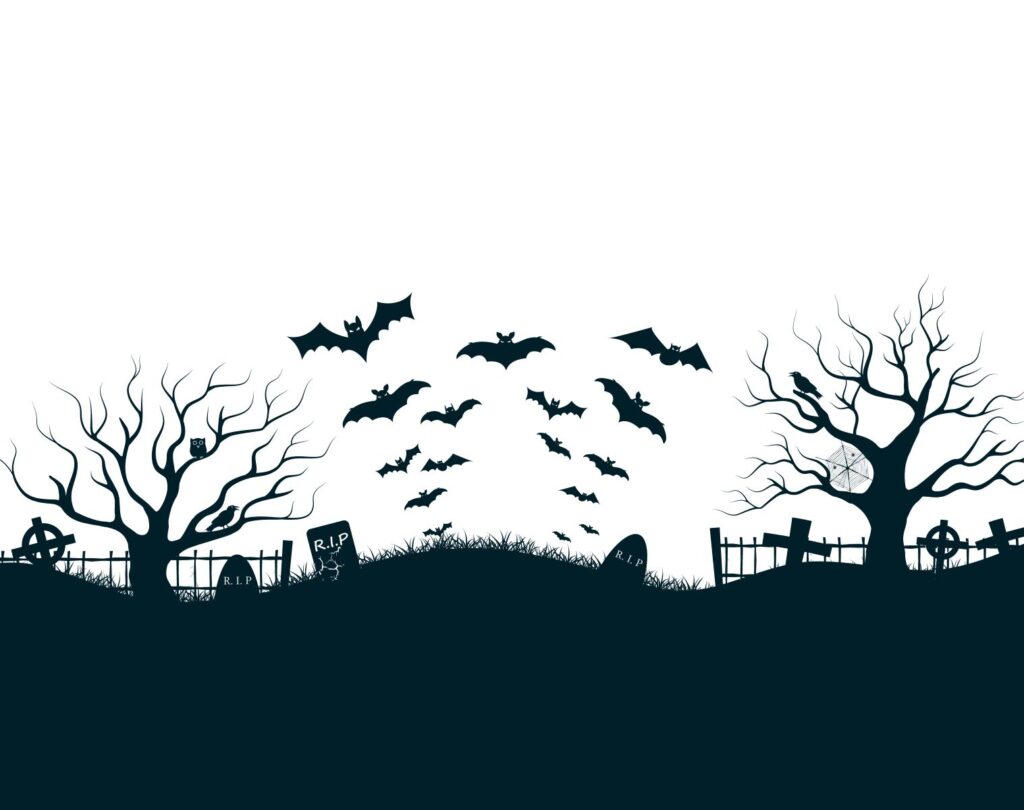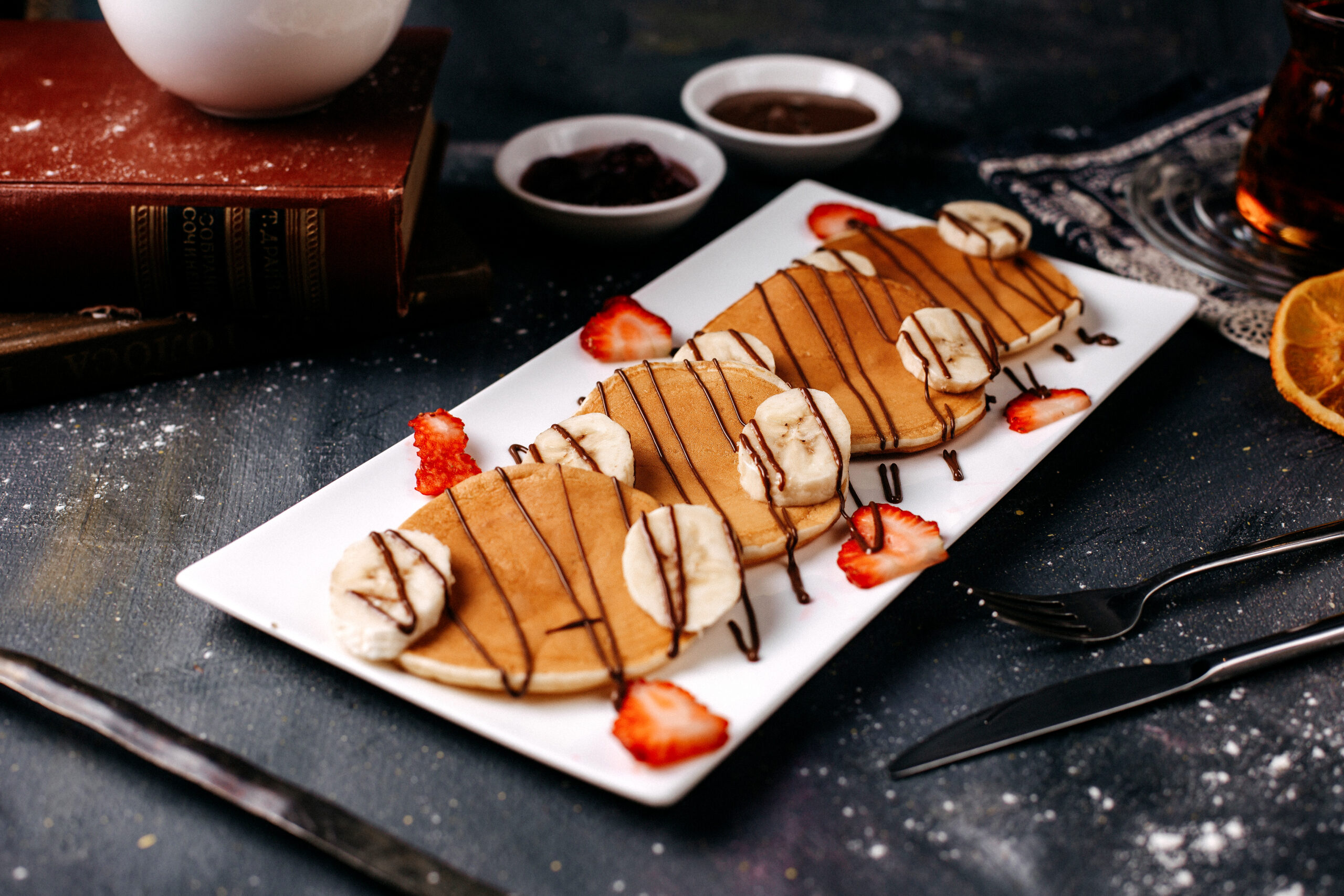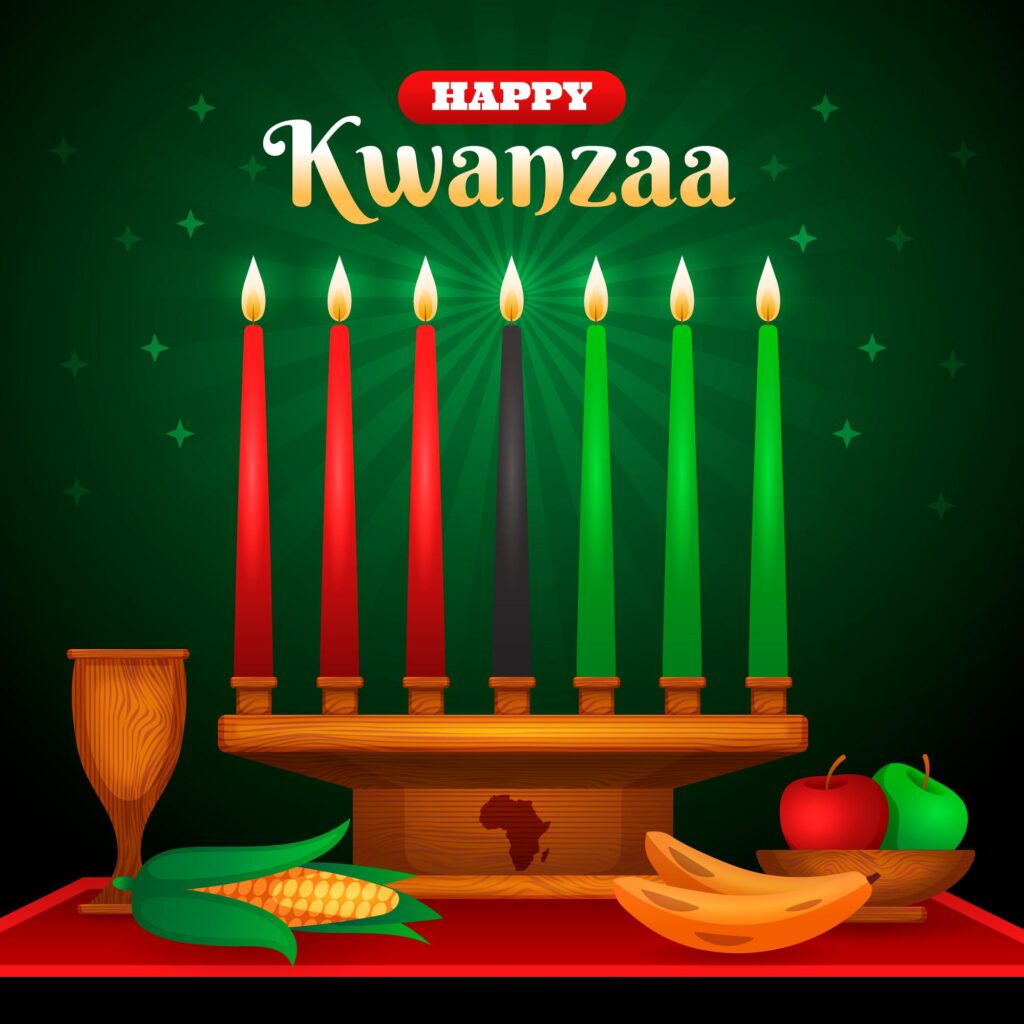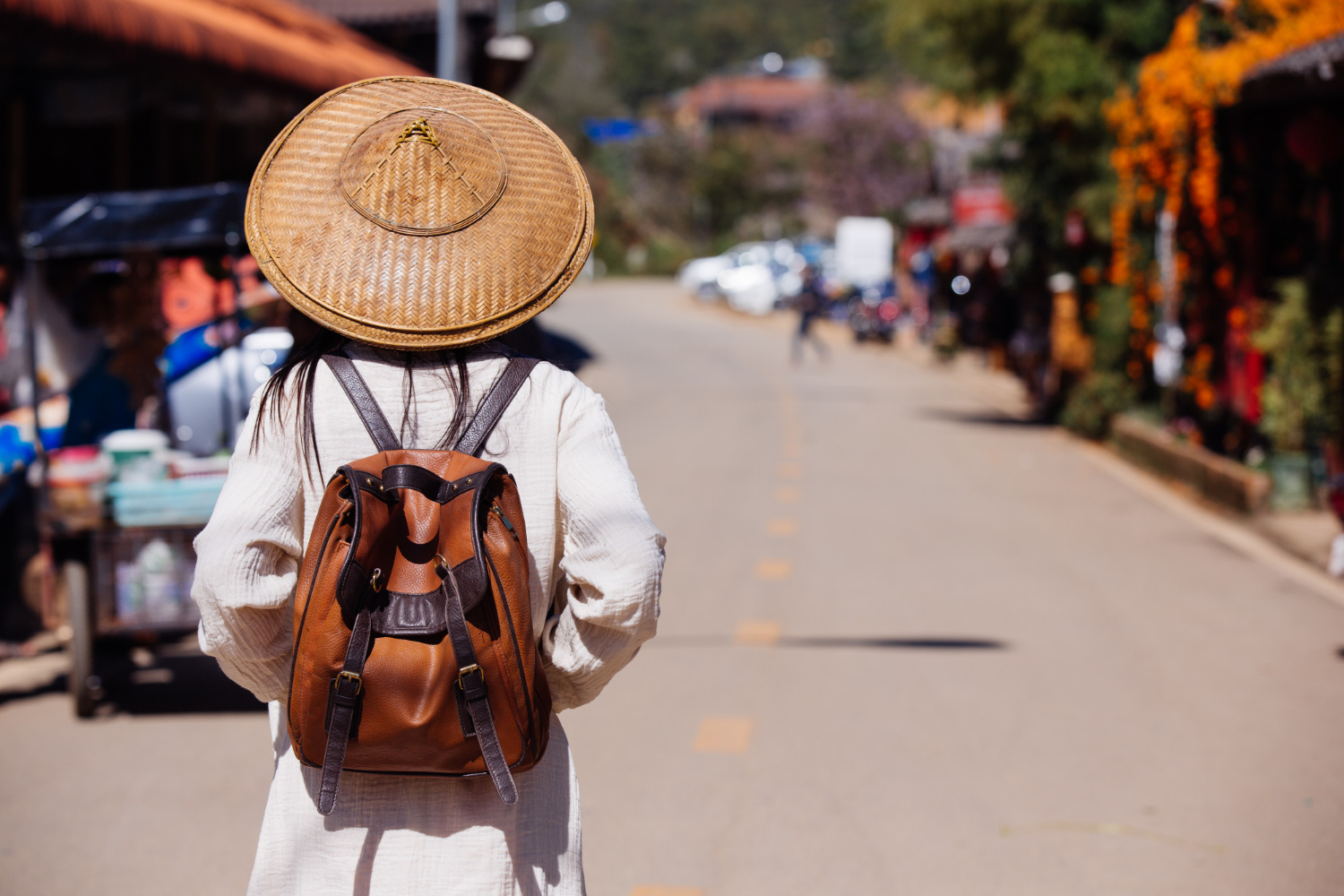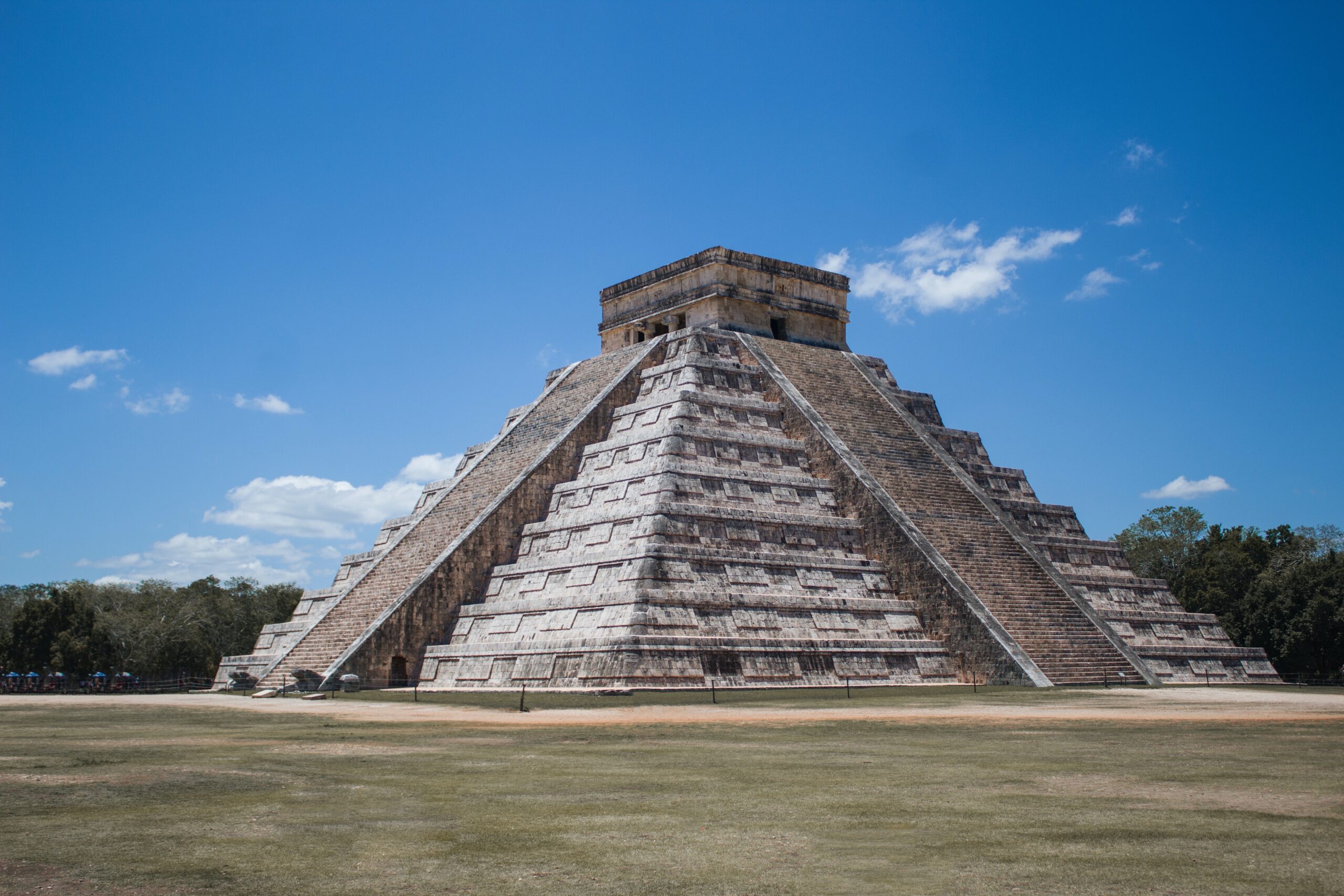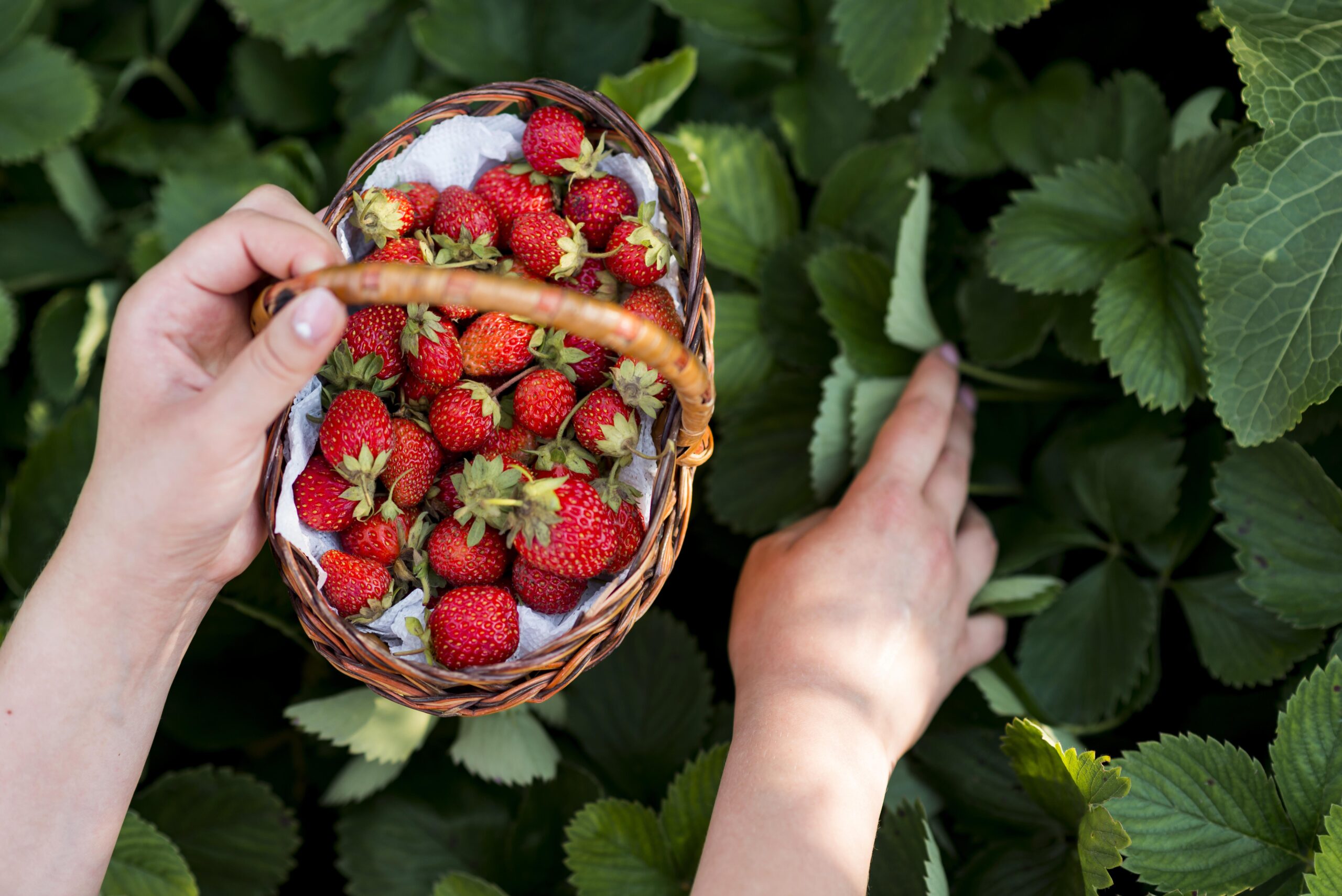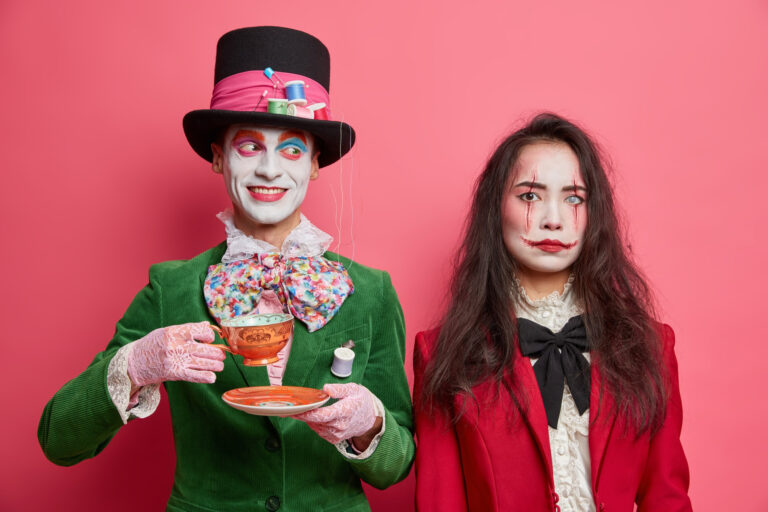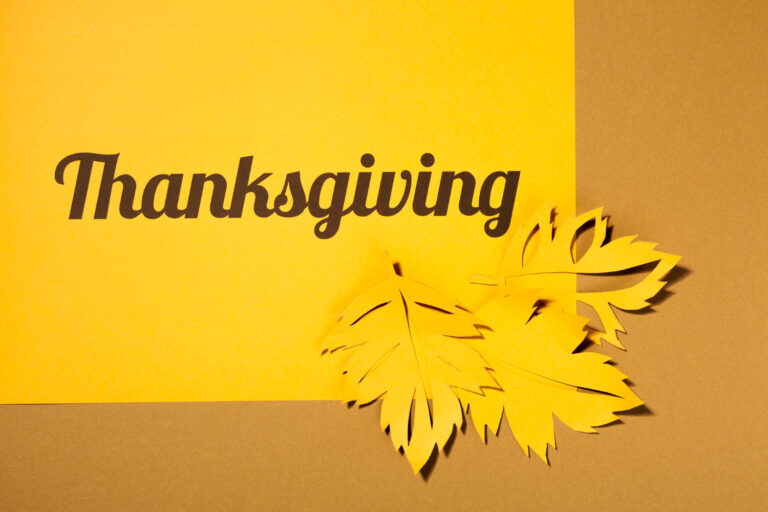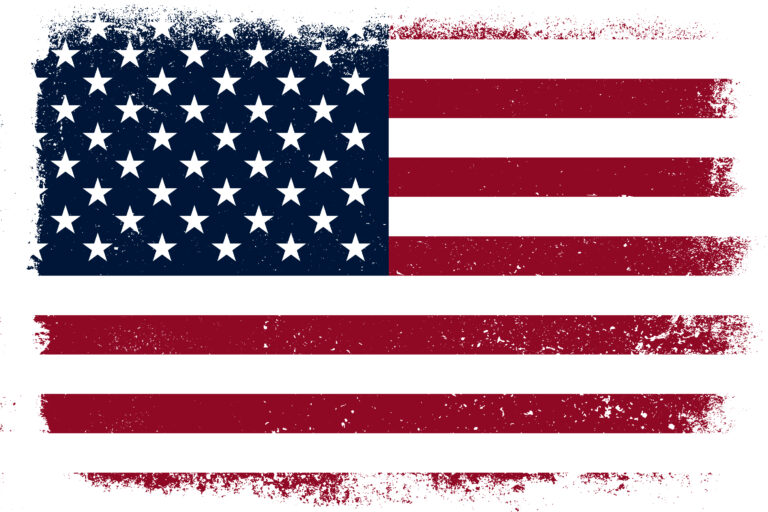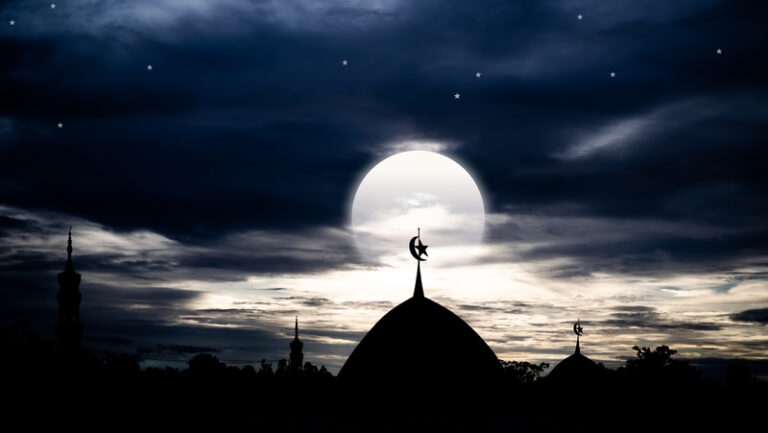Kwanzaa is a seven day festival of African culture celebrated between December 26th and January 1st annually. It is mainly celebrated in America honoring African-American culture and heritage. It is typically marked with a feast and gift exchange, which are usually handmade. Some may observe the holiday as an alternative to Christmas or celebrate in addition to the holiday.
Although the holiday is widely celebrated in the United States, some African countries also observe the holiday. The day celebrates seven principles considered significant to African heritage. They are symbolized with the lighting of seven candles within a holder, similar to the Jewish menorah. Red candles symbolize creativity, faith, and purpose while green candles symbolize collective work, responsibility, cooperative economics, and self-determination. These seven principles are:
- Umoja or Unity: this means unity within the family as well as communities and races
- Kujichangulia or Self Determination: this is the concept of speaking for oneself and to create possibilities and opportunities for oneself
- Ujima or Collective Work and Responsibility: to build the community and help one another with problems
- Ujamaa or Cooperative Economics: this principle outlines the idea that a culture must support the businesses within the community
- Nia or Purpose: to build a community to its fullest potential
- Imani or Faith: to believe in God, the community, its leaders and its struggles
Families will decorate their homes with traditional African art and fruits. These usually feature the Pan-African colors of green, black, and red. Many females will wear kaftans, a type of colorful robe, while other observers may wear other forms of traditional African dress. Ancestors are honored, sometimes with visits to nursing homes. Many will drink from a chalice, a wooden unity cup. Observers will greet each other by saying “Joyous Kwanzaa.”
A typical Kwanzaa ceremony may also include traditional African music and dancing featuring drumming. Some will read the African Pledge and the Principles of Blackness. Many communities hold discussions and debates of African American issues. Many traditions of Kwanzaa reflect African harvest rituals, including the beating of drums, music, and dancing.
The traditional routine of a day of Kwanzaa includes the lighting of one candle followed by a discussion of one of the principles or a cultural story. Many observers will speak of the principle’s impact upon their life.
A fundamental part of the Kwanzaa celebration is the feast. Every day will feature a dish from a different African country, usually from West Africa or those involved with the African diaspora, which includes the Caribbean and South America. The meal will also feature information on the culture of the dish’s nation. Many dishes feature beans and rice.
Some may fast until the Kwanzaa feast, or only abstain from eating meat. This feast, also called karamu, occurs at the end of the festival on December 31st. This may be attended by close family members and friends or it may be a large celebration of several families or a whole community. Each family may bring a dish, either one significant to that family or dedicated to a particular country, often one of the family’s ancestry. Some feasts may center around one country with a menu specific to this country’s cuisine.
Background
Kwanzaa was celebrated in 1966 during the Black Nationalist movement by Maulana Kerenga to celebrate African-American culture. He intended to give African-Americans a chance to celebrate their culture that wasn’t designed by someone outside of their culture. The name comes from the Swahili saying matunda ya kwanza, or first fruits of the harvest. Swahili was chosen as the holiday’s language.
Kerenga, who served as the chairman of Black Studies at California State University-Long Beach at the time of the holiday’s creation, initially believed that observers of Kwanzaa should shun Christian celebrations, but he has since changed his position to believing that it could be celebrated in addition to the holiday or as an alternative.

